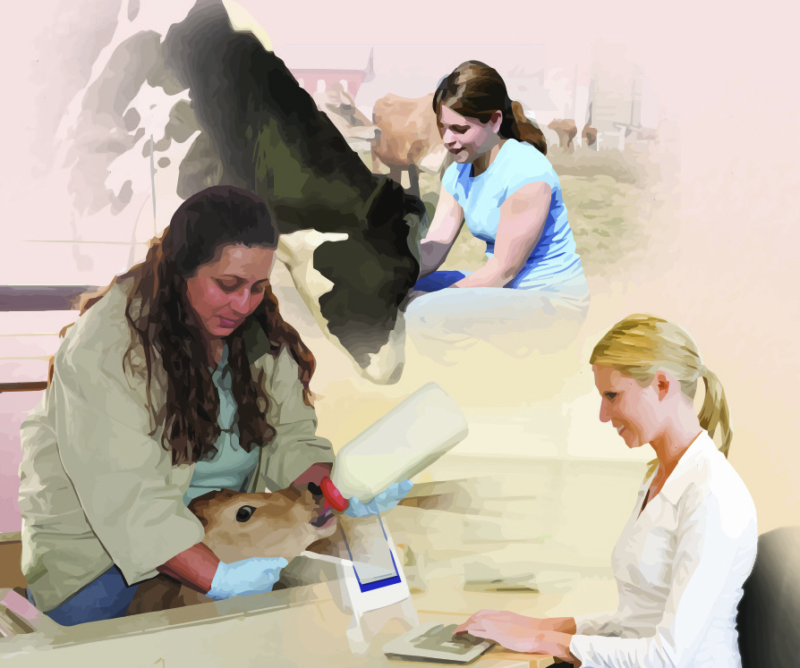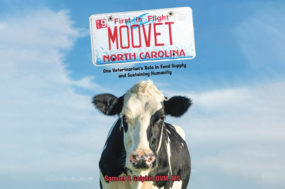If you’ve been following along with my articles and blogs over the last few years, you may have caught on to my habit of drawing inspiration from books I’ve read. Well, I’m changing it up – this time, I’m pulling inspiration from a book I want to read. What a twist, right?
My fellow book clubber, Dorothy, has been a constant source of good wisdom nuggets. Recently, she talked to me about how she’ll tell herself, “That’s not my best yes today,” when something is putting her priorities at risk. I loved that and asked her how she developed this mindset. She shared that it’s from The Best Yes: Making Wise Decisions in the Midst of Endless Demands, by Lysa TerKeurst. For context, in this book Lysa demonstrates the incredible power of two words – yes and no – and the way that these simple daily decisions can shape the story of our lives.
This sparked an idea inside of me – can and should we be putting a literal limit on how many times we say yes in a day? And, when we run out of yeses, then what do we do? What happens when obstacles or unknowns laugh at our list? I wanted a perspective from others in our industry because it seems even more difficult to set boundaries given the nature of taking care of animals, land and people. I continued the conversation Dorothy started and I gathered insights from several dairy women through Dairy Girl Network.
Kelli Cull, owner and operator of Budjon Farms in Wisconsin, is a big advocate of this idea. “I believe when you send a message to people, clients and even family or employees that you will do anything for anyone at any time, that will get taken advantage of … quickly.” Cull continues, “But if you set boundaries, time slots, a to-do list, planning meetings and have good communication, people will learn to respect those boundaries and know there will be no action taken until your 'office hours' are open or you are available.” However, we all know that on the farm, there will always be certain unknowns. Cull acknowledges this, “The unannounced situations that come up usually are animal-related (calvings, sickness, injuries) and that always trumps anything else and any time commitments made prior. Our farm and our cattle are our number one priority. We have to always say yes to the animals and the clients [who] own them because that is our business.”
Many of the people I interviewed also said this has helped with their mental health and clarity. Crystal Prom, a dairy focus consultant with Cargill, says, “My stress and anxiety levels have hugely decreased since being more mindful of what I commit to.” She’s also learned how to identify when she needs to back off the yeses as well. “Becoming overly anxious, not sleeping well and forgetting things I need to do are all signs I've noted in myself that mean that I'm overwhelmed. Paying attention to those red flags has really helped me the last few years.”
This doesn’t have to be a strict practice. Sonja Galley from Silver Spoon Dairy LLC in central New York, shares, “I don’t have a certain number of things per day I will say yes to – but I have a process I go through to help me decide what I can commit to. There are certain things that have to happen every day; what I’m able to do beyond that depends on the urgency, importance and funness of what I have to choose from.” Emphasis on the funness, right?
I would also like to thank Jelena, Lakaya, Julie and Jenny for giving me their insights. Here is a summarized list of the tips I was given to help put this theory into practice:
- Make lists each day
- Keep an updated and detailed calendar
- Clear and consistent communication
- Factoring in time or saving a spot for that unexpected yes that will undoubtedly show up
- Schedule a yes in the day that is something that helps you take care of you
- Having a list of people you trust to give you feedback and help you prioritize
- Plan ahead for big events or tasks – or vacations! (see tip No. 5)
- If it’s financially related, make sure your yes doesn’t go beyond your means
If I’m allowed a favorite tip, I am the biggest fan of No. 4 – factoring in the time for those unexpected yeses. For me, this makes the idea more real, flexible and less daunting.
I’m excited to continue exploring the different angles of this practice and putting it to use in real life, while also reading the book, The Best Yes, that I mentioned above. Will you join me?






